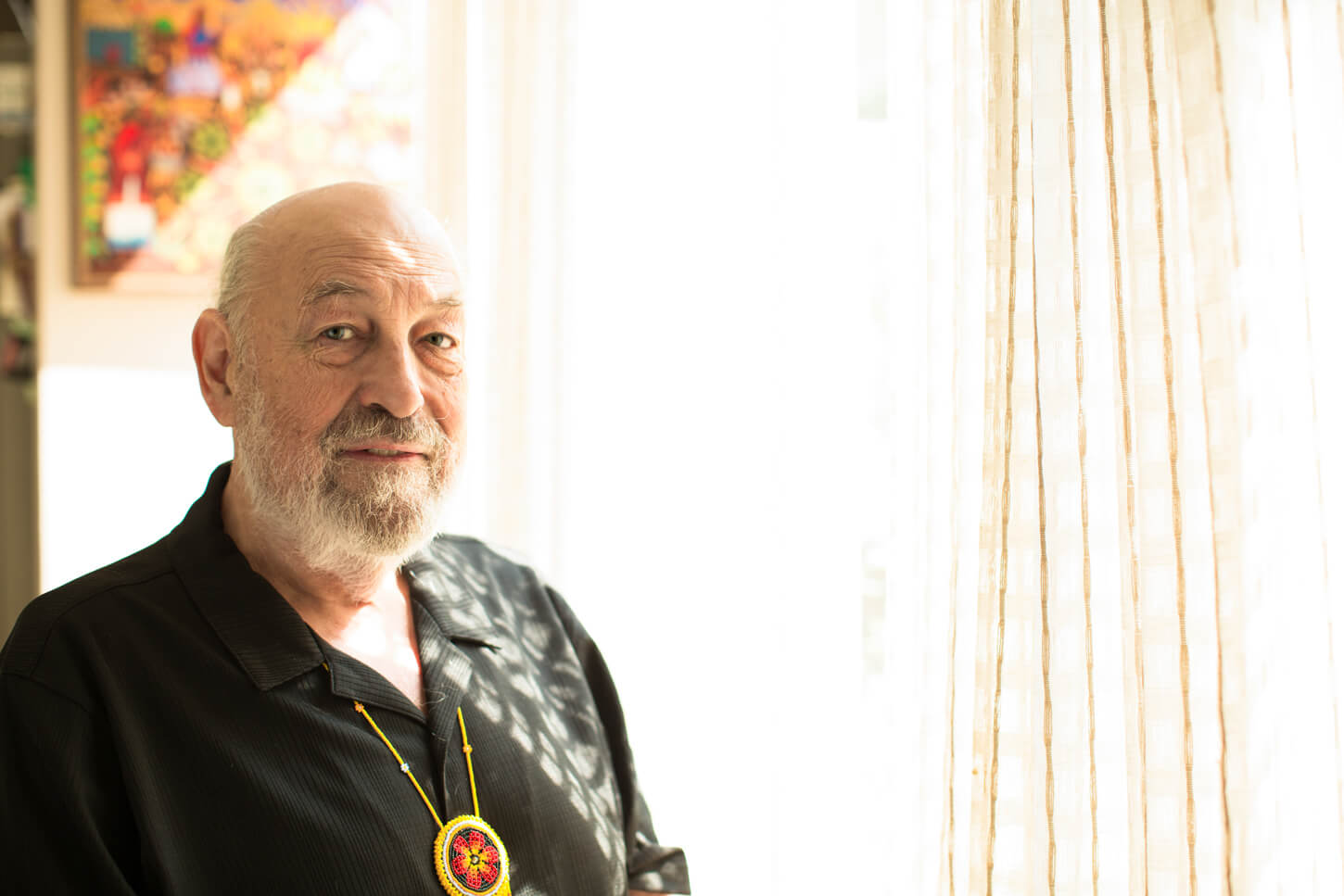
I begin this column with both a sense of hope and a sigh of despair. My hope springs from a native optimism that despite all hell breaking loose, steadier more courageous people will step forward to right the train of human conduct and lead with vision and resolve. I have known and worked with such people during my more than 50 years writing, traveling and engaging in developing strategies and tactics to advance the causes of indigenous nations. I write with some sense of despair also only since I have been in the “belly of the beast” for so long that I have seen recurring damage done to ideas, peoples and lands in the Fourth World that actually turn my stomach. Between hope and despair I nevertheless want to continue contributing to a dialogue to find imaginative, beneficial and constructive solutions to the challenges faced by Fourth World peoples in the years and generations to come.
My intention is to call attention to topics, events and people receiving little or no coverage, and to comment on contemporary issues and events as well. I give myself license to write such commentary after years of direct engagement in local, regional, country-wide and international concerns affecting the rights, interests and aspiration of Fourth World (Indigenous) peoples. While I do not necessarily have all the answers, I think it is possible that in the years I have left I may be able to benefit a better understanding of effective methods for overcomeing challenges faced by Fourth World nations.
I want to expose the level at which Fourth World peoples have become part of the global refugee movements resulting from state violence, corporate land expropriations, climate changes and raging pandemics. Refugees nearly automatically become vulnerable to the global slavery market and Fourth World peoples are a large part of this local, regional and global scourge. Leadership among Fourth World peoples is often lacking in imagination and sufficient information to provide security and stability against external threats and challenges. I want to address these shortcomings and raise alternative approaches that can strengthen leadership and strengthen the organization and powers of Fourth World governments.
The question of whether Fourth World nations should seek to become “states” or pursue alternative forms of political status to ensure their continuity and political equality among people is also a matter I want to discuss. I have long been concerned about the development of constitutional and customary governing systems by Fourth World nations. And, I am thoroughly convinced that a discussion of the methods of constructing, transmission and structuring Fourth World knowledge systems is essential. Such a discussion may elevate local, regional and international understanding of how the many Fourth World knowledge systems can be joined with conventional knowledge systems to benefit the whole of human kind as well as individual Fourth World nations. (Just a short note: So much discussion has been had between indigenous diplomats and intellectuals about the importance of states’ government recognizing and respecting indigenous knowledge, but virtually none of these discussions have taken account of the question that should logically be asked: “What is the nature of each knowledge system, and if that is not discussed and revealed, how will states’ authorities respect or recognize something they know nothing about—and apparently many indigenous interlocutors know nothing about either?)
I have written millions of words over the years in speeches, reports, analyses, books and background papers. I think now it will be useful to reduce some of these thoughts and some new thoughts to short essays that may be useful now.
And so, now I offer My Word on a periodic basis — twice a month is the pace I think will work. I hope you will join me.
© 2016 Rudolph C. Ryser
Rudolph Ryser is descendant from Oneida and Cree relatives and lived his early life in Taidnapum culture. He is Chairperson of the Center for World Indigenous Studies (CWIS), a research, education and public policy institution and he is a Fulbright Research Scholar. He has served as Senior Advisor to the President George Manuel of the World Council of Indigenous Peoples, as Acting Executive Director of the National Congress of American Indians (USA), and a staff member of the American Indian Policy Review Commission – a Joint US Congressional Commission. He holds a doctorate in international relations, and teaches Fourth World Geopolitics, (www.cwis.org). He is the author of numerous essays including “Observations On Self and Knowing” in TRIBAL EPISTEMOLOGIES (Aldershot, UK), His most recent book is INDIGENOUS NATIONS AND MODERN STATES published by Routledge (2012).

Indigenous Peoples are putting their bodies on the line and it's our responsibility to make sure you know why. That takes time, expertise and resources - and we're up against a constant tide of misinformation and distorted coverage. By supporting IC you're empowering the kind of journalism we need, at the moment we need it most.